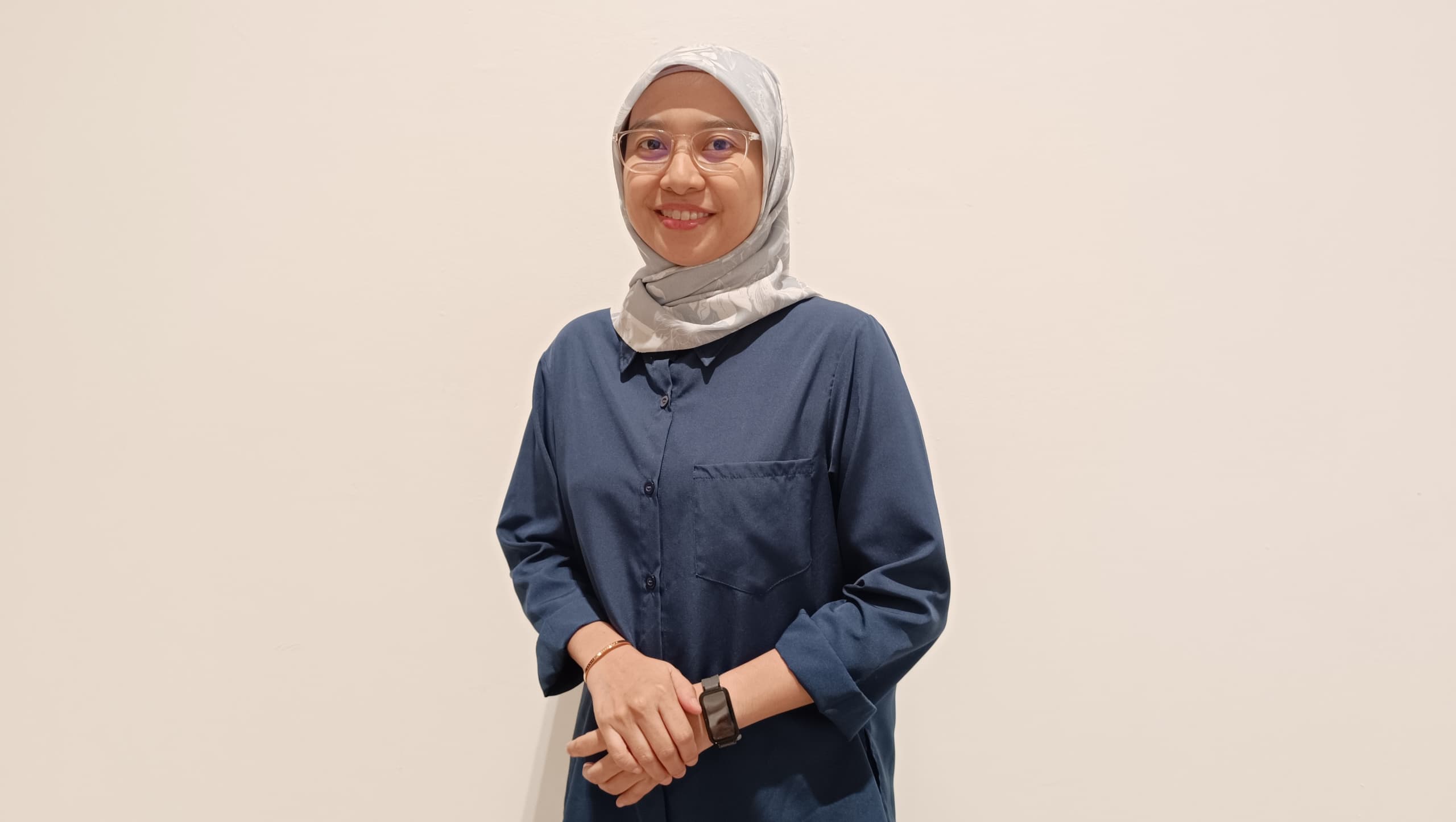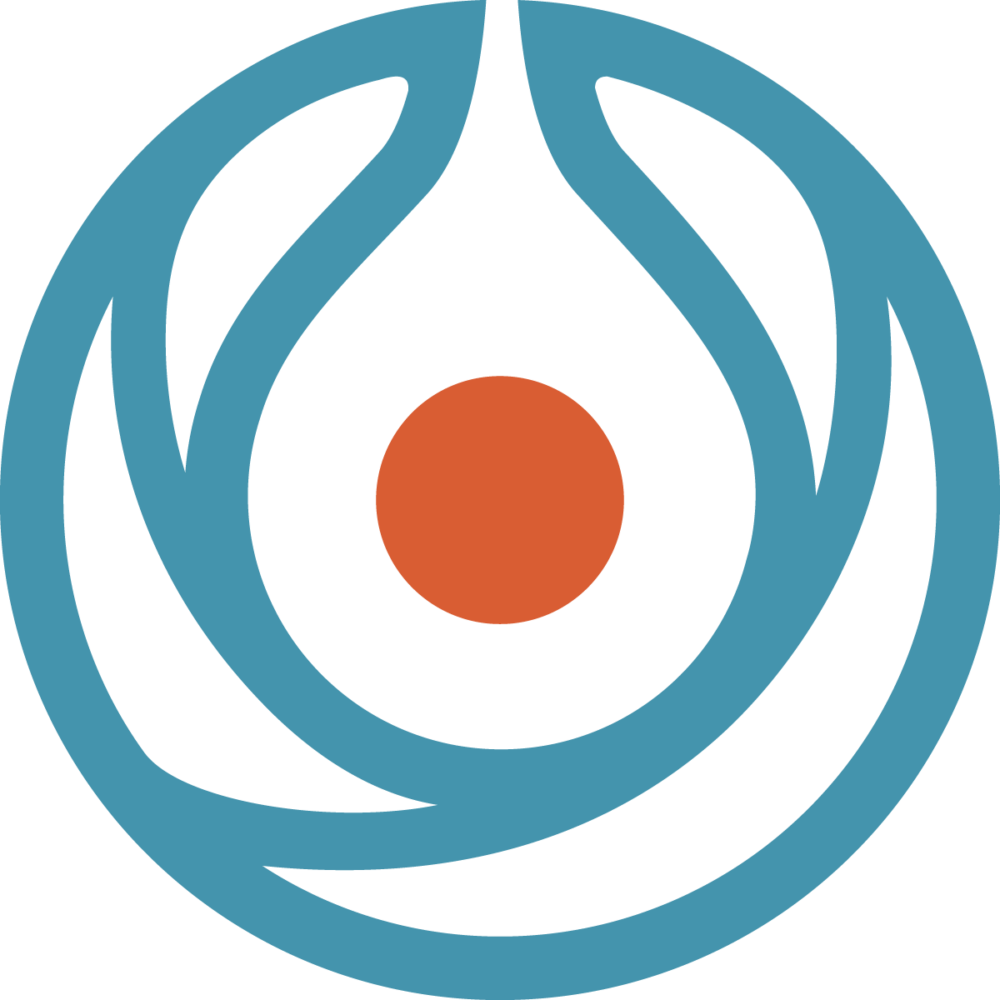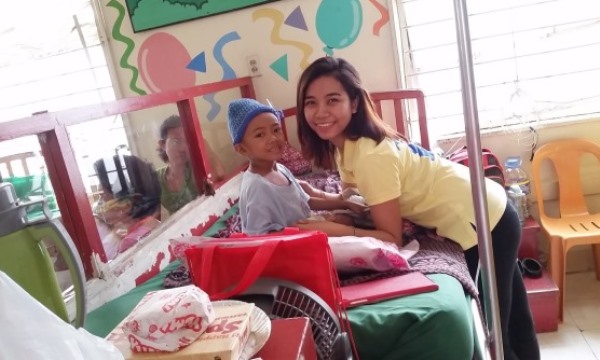Meet the Max Team – Nor Aina
Meet Nor Aina! She’s been with The Max Foundation for 15 years, working as an HR and Admin Officer for our Asia and Eastern Europe region. Learn more about why she started with the organization, what she enjoys about her job, and a special memory she had with a patient.
When did you start with The Max Foundation, and why were you interested in working here?
I started with The Max Foundation in August 2010, shortly after graduating from college. At that time, I was looking for a place where I could build a meaningful career and not just a job. When I learned about Max and the work it does for patients and communities, I felt an immediate connection. The organization’s mission to provide dignity and support to people facing cancer deeply resonated with me. I knew this was where I wanted to begin my journey. Over the years, I’ve grown alongside Max, moving through different stages of my career while staying anchored to the same mission that first inspired me. I feel grateful to still be here today, contributing to something bigger than myself.
What do you enjoy most about your job?
What I enjoy most is how my role has continuously evolved, allowing me to grow both personally and professionally. I started as an Administrative Assistant, and today I serve as the HR & Admin Officer. While much of my work takes place behind the scenes, I’ve learned that strong administrative support is the backbone of any organization. When we do our jobs well, everything else from program delivery to patient support flows more smoothly. That sense of being the quiet support system, enabling colleagues to focus fully on serving patients, is something I take pride in. Knowing that even my smallest contributions ripple outward to support the larger mission keeps me motivated every day. It reminds me that every role, whether seen or unseen, plays a part in achieving our collective impact.
What is a special memory you have with a patient?
One memory that has stayed with me is from the early days of the Max Schooling Project in Malaysia, when we supported only four students. I became close with one family, a single mother raising four children while going through chemotherapy. She often called me during her treatment to talk and share stories about her kids, and those conversations built a bond that went beyond my role at work. Even after she passed away, I kept in touch with her children and encouraged them whenever I could. Seeing them grow has been deeply meaningful and reminds me that our work is about more than immediate support, it is about planting seeds of hope that last.




